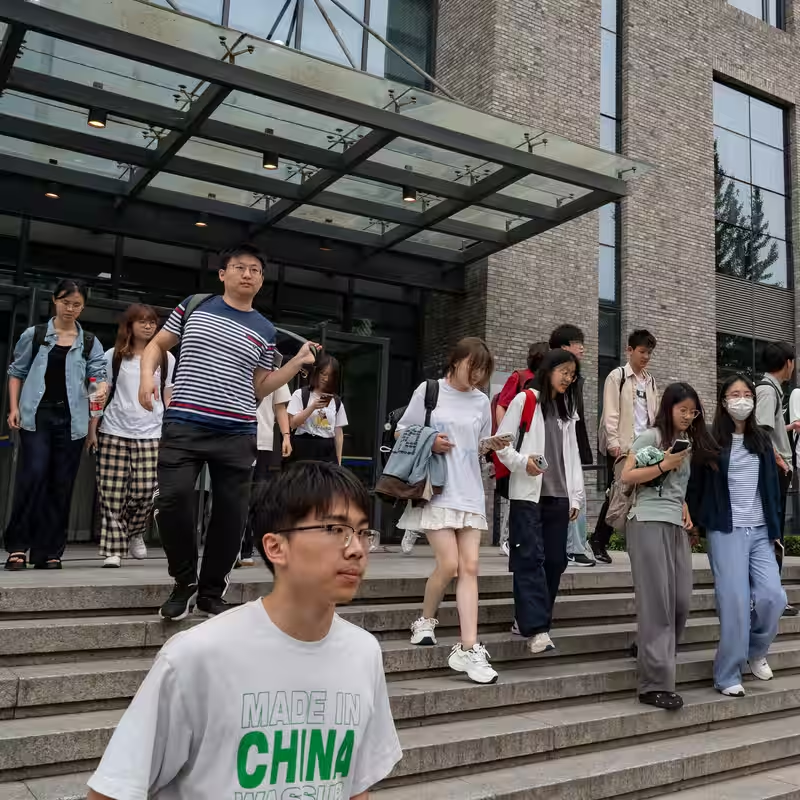Beijing, October 16, 2025 — In a rare twist, China’s attempt to attract global talent has ignited a firestorm of domestic backlash. A newly launched visa program for skilled foreign workers—intended to boost innovation and fill labor gaps—has instead triggered widespread online anger, nationalist sentiment, and even street-level protests in several cities.
The Chinese government, which rolled out the policy with little fanfare, now finds itself scrambling to contain a public relations crisis it clearly didn’t anticipate.
China Immigration Policy Meets Unexpected Resistance
At the heart of the controversy is China’s new “Talent Plus” visa, designed to fast-track residency for foreign professionals in tech, engineering, healthcare, and finance. Officials hoped the program would help counter China’s aging population and declining birthrate while positioning the country as a global innovation hub.
But instead of applause, the policy was met with skepticism—and in some cases, outright hostility. Social media platforms like Weibo and Douyin exploded with posts questioning why foreigners would be prioritized over unemployed Chinese graduates.
“We can’t even get internships, and now they’re giving apartments and subsidies to Americans?” wrote one user, whose post garnered over 200,000 likes.
Why the Backlash?
Several factors have fueled the public’s anger:
- Economic anxiety: Youth unemployment remains stubbornly high, hovering near 15%.
- National pride: Many view the policy as contradicting China’s long-standing narrative of self-reliance.
- Misinformation: False rumors spread that foreign workers would receive higher salaries and housing than locals.
- Geopolitical tension: Some users conflated the policy with U.S. influence, falsely claiming the CIA was using the visa to infiltrate China.
Government Caught Off Guard
According to sources close to the Ministry of Public Security, officials were “genuinely surprised” by the intensity of the reaction. Unlike previous top-down reforms that faced muted responses, this policy struck a raw nerve in a society already strained by economic uncertainty.
State media initially stayed silent, but by Tuesday, outlets like Global Times began publishing editorials defending the program as “necessary for long-term competitiveness.”
What Does the Visa Actually Offer?
To clarify misconceptions, here’s what the “Talent Plus” visa really includes:
| Benefit | Reality Check |
|---|---|
| Fast-track residency | Only for applicants with advanced degrees or 5+ years in critical sectors |
| Housing subsidies | Available in select pilot cities (Shanghai, Shenzhen, Suzhou), not nationwide |
| Family reunification | Permitted, but subject to strict income thresholds |
| No special legal privileges | Foreign workers remain subject to all Chinese laws and surveillance |
A Broader Identity Crisis?
Analysts suggest the backlash reflects deeper questions about China’s direction. After decades of rapid growth and rising global influence, the country now faces slowing momentum and internal doubt.
“This isn’t just about visas,” said Dr. Li Mei, a sociologist at Peking University. “It’s about who gets to benefit from China’s future—and who feels left behind.”
[INTERNAL_LINK:China-Economic-Policy] will likely face more scrutiny as Beijing tries to balance openness with control.




